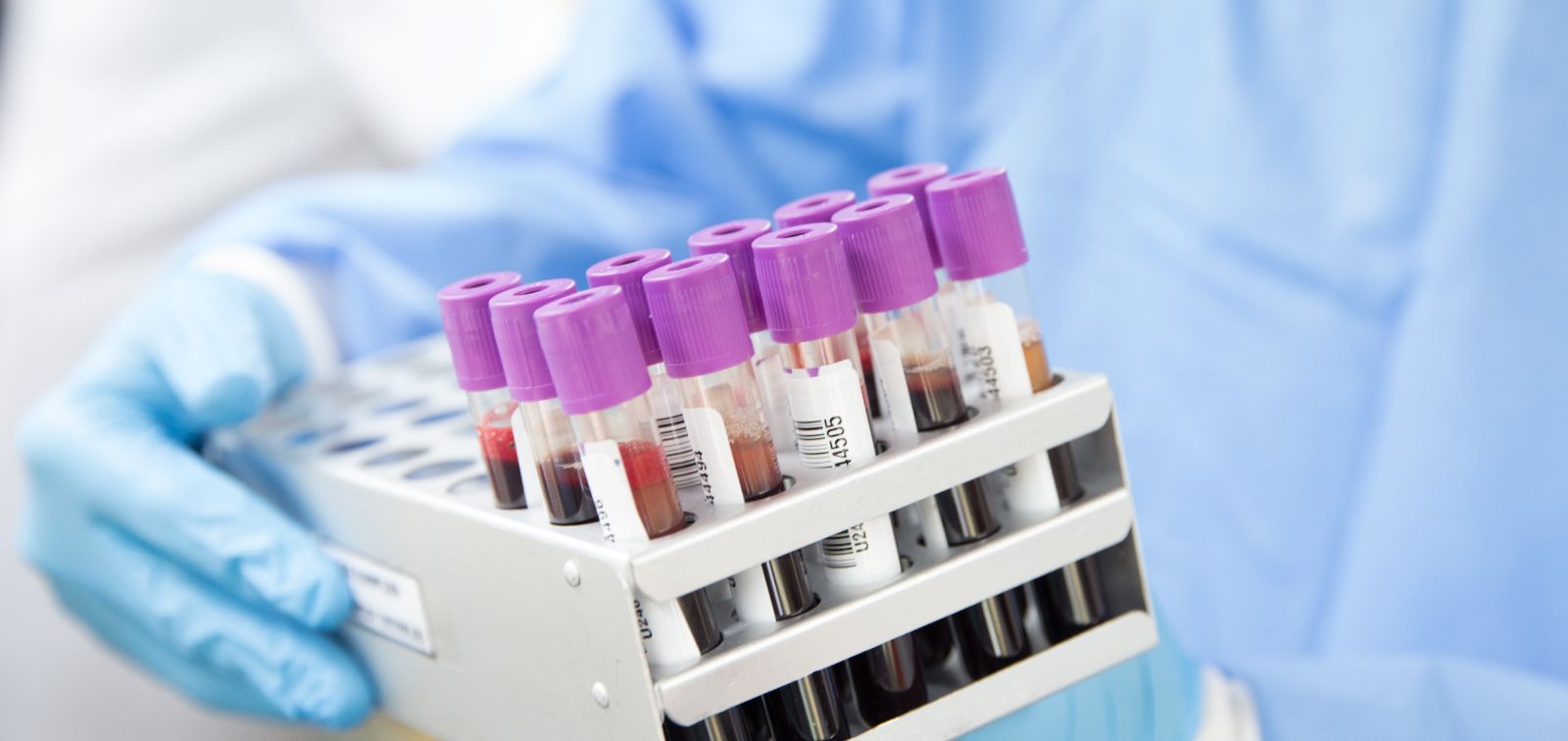GlycoTools
Probing Plasmodium Falciparum Glycosylation and Related Metabolic Pathways to Devise New Tools against Malaria

- Durada
- 01/06/2020 - 31/12/2023
- Coordinador
- Luis Izquierdo Lázaro
- Finançadors
- Ministerio de Ciencia e Innovación - Agencia Estatal De Investigación. Reference: PID2019-110810RB-I00 Call: Retos y Generación
Malaria is an infectious disease caused by parasites of the genus Plasmodium. The disease causes >200 million clinical cases and 600,000 deaths annually, and it is widely accepted that its elimination will not be possible with currently available treatments and prevention measures. Thus, there is an urgent need for the design of novel tools and interventions to fight and control malaria, especially if recent calls for elimination are to be successful. These tools will only be available by increasing our knowledge of the biology of the parasite and of the complex interactions that P. falciparum establishes with the human host and the mosquito vector.
This proposal will contribute to addressing some of the existing knowledge gaps in parasite biology by extending our understanding of the glycobiology of the malaria parasite and how it contributes to P. falciparum survival and infectivity.
Glycosylation represents one of the most common and heterogeneous post-translational modifications of proteins, and complex glycoconjugates are involved in almost every biological process. Because of this glycoconjugates play major roles in nearly every human disease. P. falciparum conserves and expresses an active and distinct glycosylation machinery that only in last years has begun to be unraveled. Thus, it was recently demonstrated that Plasmodium parasites express α-galactose-terminated glycans, not present in the human glycome, at their surface, and that anti-α-gal antibody responses in humans are protective against malaria. The nature and the exact structure of parasite α-galactose glycans remains uncharacterized, but our preliminary works clearly reveal the presence of these glycoconjugates in specific form of the asexual blood stages of the parasite.
We propose to fully describe them, paving the way for the potential development of novel glycan-based protein conjugate vaccines against malaria. Likewise, several recent works show that key parasite proteins and advanced targets of malaria vaccines, such as the circumsporozoite protein (CSP) and the thrombospondin-related anonymous protein (TRAP), are also modified by the parasite glycosylation machinery. We intend to analyze, for the first time, how these glycans affect antigen recognition by human antibodies, employing high quality serum samples derived from state-of-the-art malaria vaccine trials.
At the same time, we will assess the role that these glycans play in the trafficking and function of CSP and TRAP, to determine if they are dispensable or required for parasite survival.
Lastly, we will investigate important and active carbohydrate-related metabolic processes taking place in intraerythrocytic and other parasitic stages, amenable for therapeutic intervention to prevent or treat malaria. Particularly, we aim to deeply characterize P. falciparum glucosamine-phosphate Nacetyltransferase as a drug target. This enzyme belongs to gene family with a single and independent evolutive origin in the Apicomplexa phylum, more than 800 million years ago. Its significance for glycoconjugate metabolism in the malaria parasite, together with the unique sequence features of this gene family, highlights its importance as a potential selective drug target.
In summary, through this programme we will capitalize the knowledge and data gathered in preceding projects (Proyectos I+D+i, Agencia Estatal de Investigación) to conceive innovative ways to fight malaria.
Total Funding
193.600,00 EUR
Our Team
Coordinator
-
LUIS IZQUIERDO LAZARO
ISGlobal Team
-
Miriam Ramirez Moreno
-
Jordi Chi Tècnic de laboratori
-
 Maria Pia Alberione Investigadora predoctoral
Maria Pia Alberione Investigadora predoctoral -
Angel Fenollar Collado
-
Tais Romero Investigadora predoctoral




